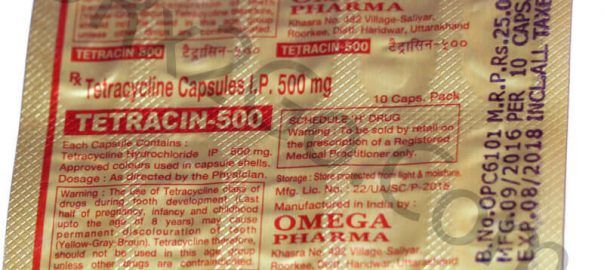Chlamydia is a condition considered as a sexually transmitted disease. It is cause by a bacteria “Chlamydia trachomatis”. This condition affects both men and women. It can transmit from one person to another without even noticed.
The disease can cause cervicitis in women. While in men it causes urethritis and proctitis. This can also lead to serious problems. Such as ectopic pregnancy and chronic pelvic pain.
If this condition left untreated, it can come up with different health problems. An early detection has a great big help in treating this condition. Certain medication is given to a person with this disease. And prevention are advised to a person with chlamydia.
SIGNS AND SYMPTOMS OF CHLAMYDIA
Some common symptoms of the disease are the following:
SYMPTOMS IN WOMEN
- Abdominal Pain
- Abnormal Vaginal Discharge
- A discharge with foul smell
- Fever
- Painful Periods
- Pain while having sex
- Burning sensation when Urinating
- Vaginal Itching
SYMPTOMS IN MEN
- Painful Urination
- Burning and Itching in the opening of Penis
- Clear and Cloudy discharge from the tip of Penis
- Pain in Testicles
- Pain in the Lower Abdomen
CHLAMYDIA SOURCE OF INFECTION
The cause of the infection is a bacterium called “Chlamydia trachomatis”. If this condition occurs to a person, it can spread to another person. The bacteria can spread through:
- Oral Sex
- Vaginal Sex
- Anal Sex
- A Pregnant Mother who has this condition
CHLAMYDIA RISK AND PREVENTION
WHO GETS CHLAMYDIA?
The following are risk factors for developing the disease.
- Having sex with a person who has a disease
- Not using a condom when having sex
- Being active in sex before age 25
- Having multiple sex partners
- Men having sex with Men
- History of Chlamydia
- History of a sexually transmitted infection
- A weak immune system
- Young Women
- Pregnant Women
HOW CAN I PREVENT CHLAMYDIA?
You can prevent the disease, by abstaining from sexual contact with others. The listed below are some prevention tip. This can help you reduce your risk of developing the condition.
- Use a condom for every sexual contact.
- Limit the number of your sex partners.
- Get regular screenings.
- Avoid douching.
- Use a dental dam during oral sex.
- Avoid having sex with the same sex.
- Have sex with a person you had a long-term relationship with.
DIAGNOSIS
Chlamydia is hard to detect because you can’t rely on the symptoms. Your doctor may have suggested you undergo screening for the disease. The screening may apply to the following:
- A Pregnant Women
- Men and Women at Risk
- Women that have been sexually active at the age of 25 or younger
The diagnosis for this condition may include:
- Swabbing
- A Urine Test
After the diagnosis, your doctor will prescribe you a medication. Which can help treating your condition.
HOW TO TREAT CHLAMYDIA?
The treatment for this condition is necessary. Because if this left untreated, it can lead to a serious problem. The treatment for chlamydia includes:
- Azithromycin
- Doxycycline
- Erythromycin
- Levofloxacin
- Ofloxacin





